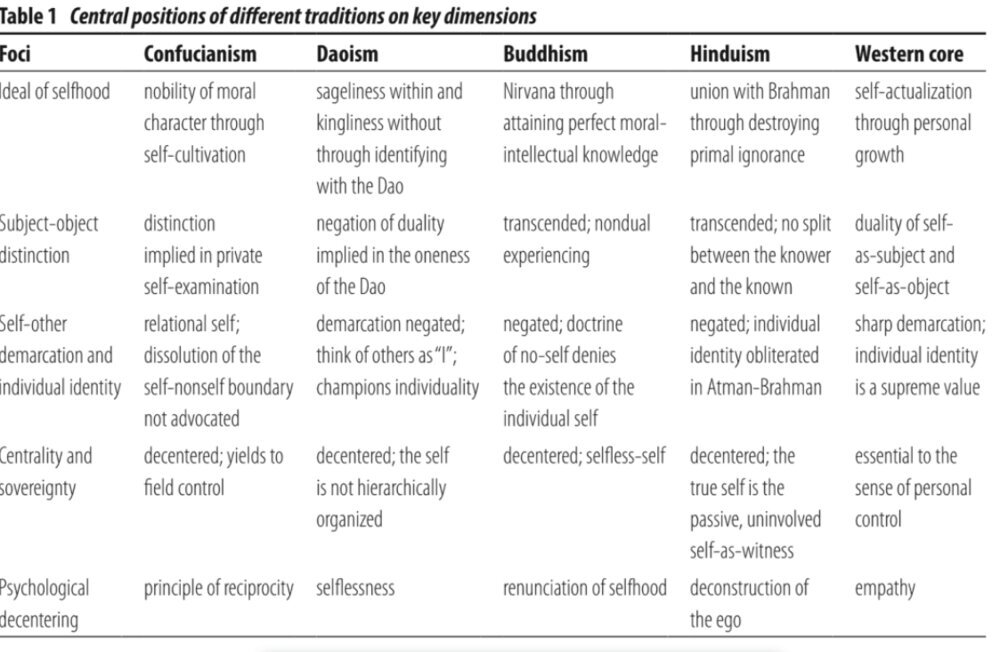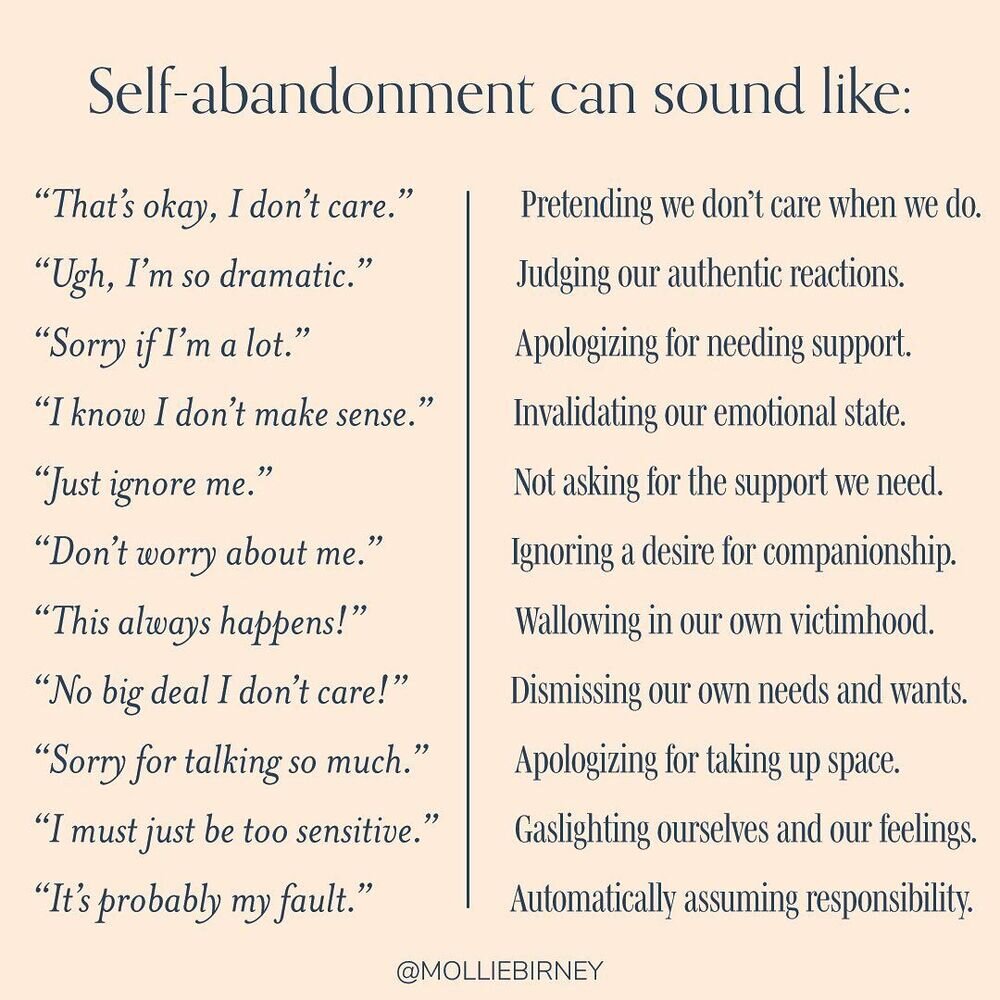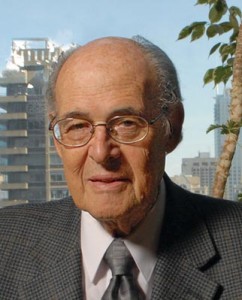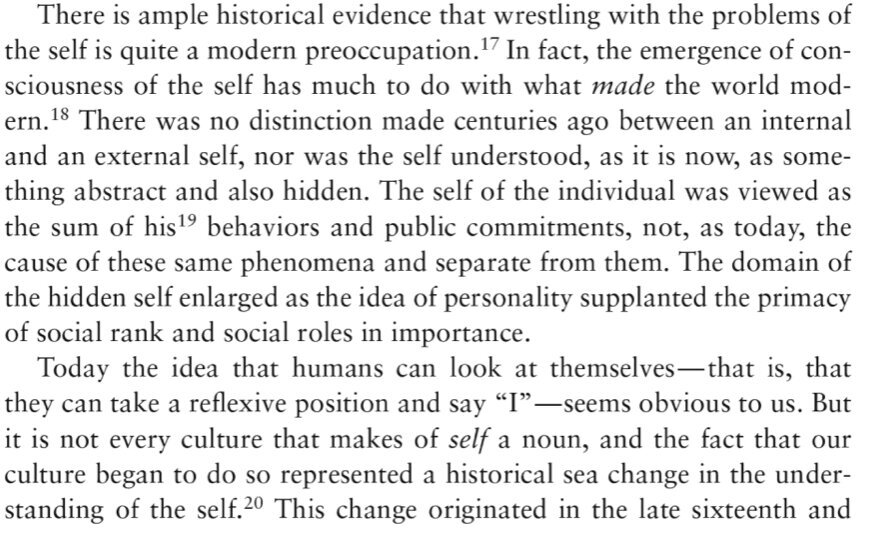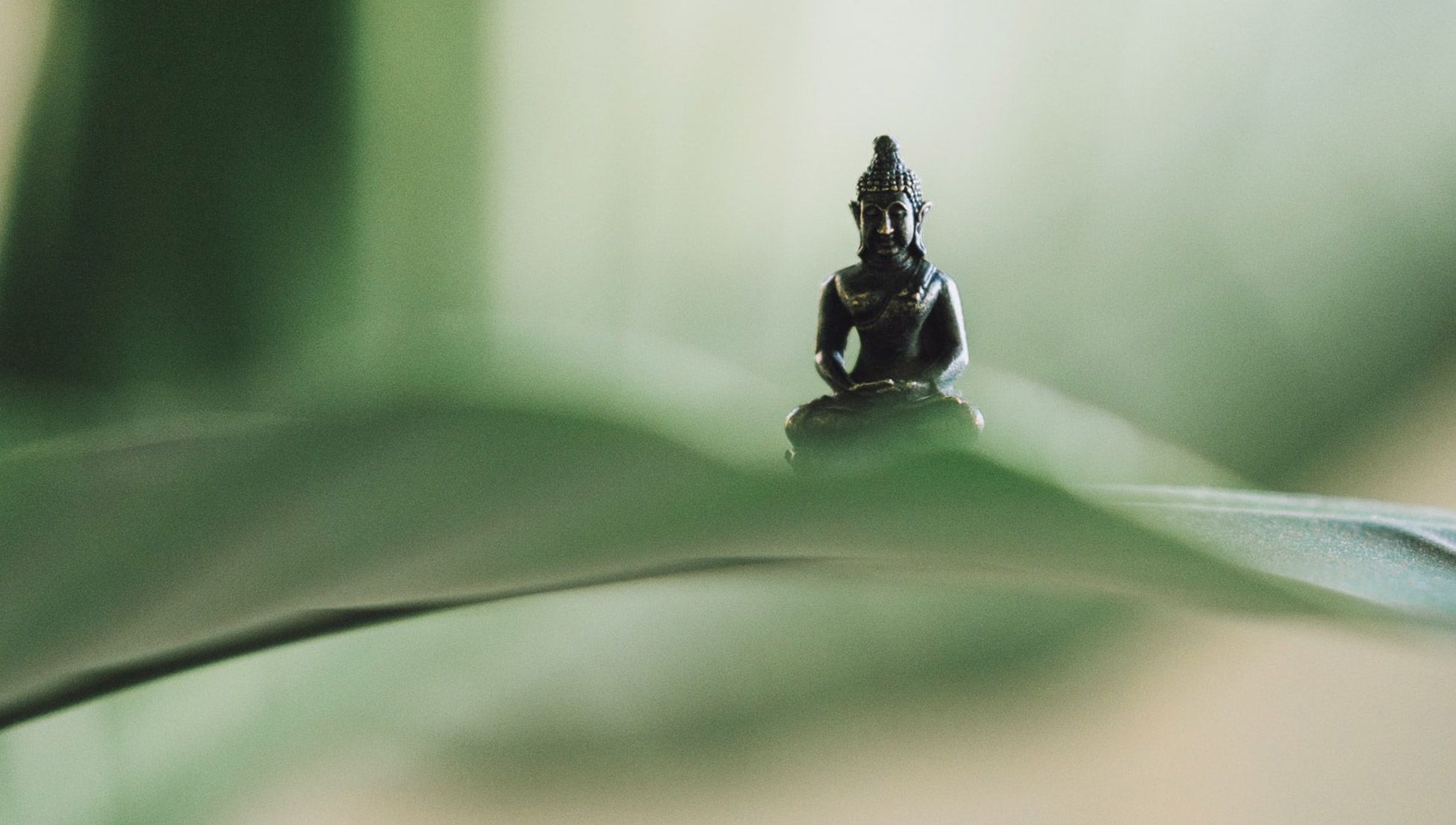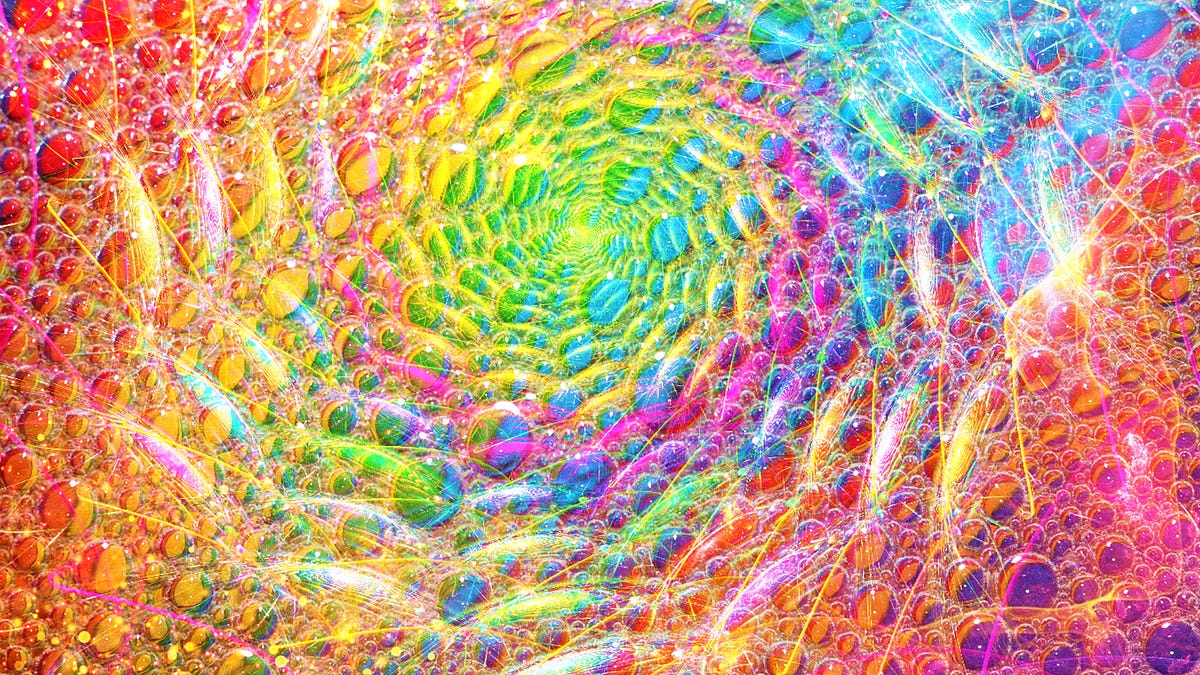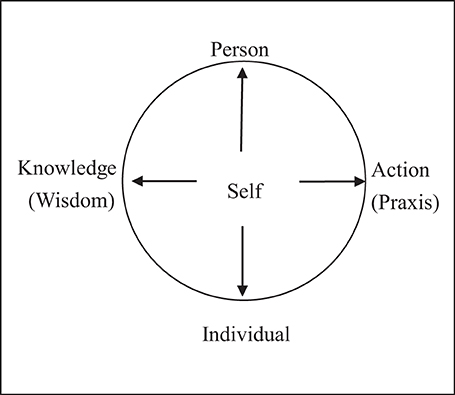"You've been somebody long enough. You spent the first half of your life becoming somebody. Now you can work on becoming nobody, which is really somebody. For when you become nobody there is no tension, no pretense, no one trying to be anyone or anything. The natural state of the mind shines through unobstructed -- and the natural state of the mind is pure love."
"In most of our human relationships, we spend much of our time reassuring one another that our costumes of identity are on straight."
~ Ram Dass
"In most of our human relationships, we spend much of our time reassuring one another that our costumes of identity are on straight."
~ Ram Dass

